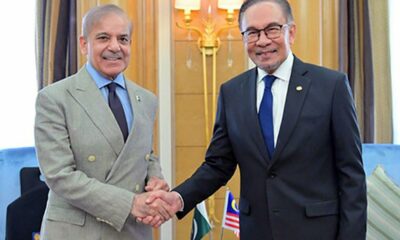Latest News
Miller says special forces likely to be last US troops in Afghanistan
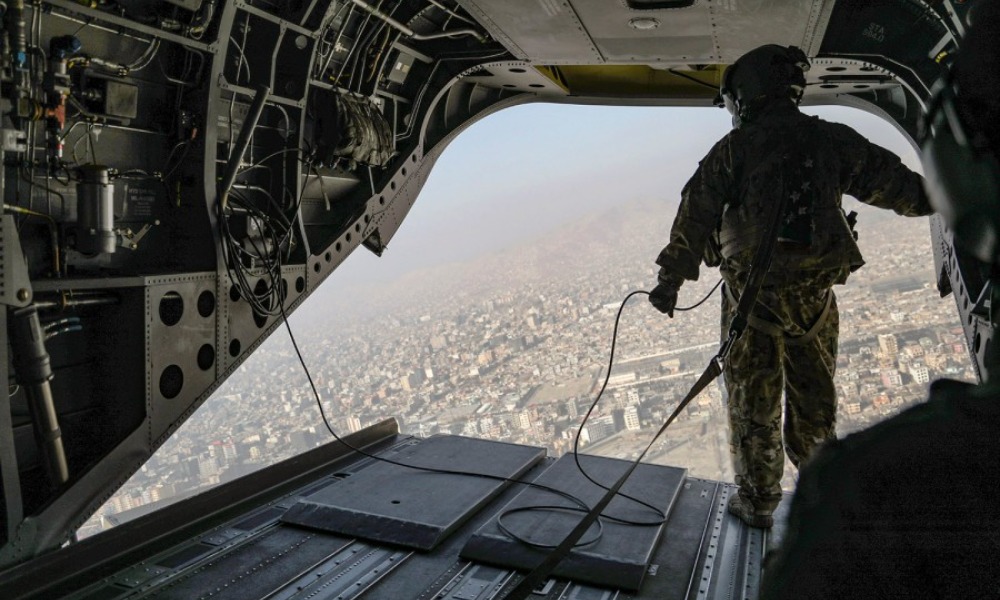
Latest News
IEA should respond to Pakistan’s security concerns with concrete actions: Andrabi

Pakistani Foreign Ministry spokesman Tahir Hussain Andrabi says both Pakistan’s Prime Minister Shehbaz Sharif and Sadyr Japarov, the President of Kyrgyzstan, who visited Islamabad on Thursday, expressed their mutual commitment to a peaceful, stable Afghanistan with a sustainable future for the Afghan people.
Speaking in a press conference on Friday, Andrabi stated that both sides agreed that the Islamic Emirate must fulfill its obligations toward the international community and take concrete steps against terrorist groups to address Pakistan’s legitimate security concerns.
This comes while the Islamic Emirate of Afghanistan has repeatedly emphasized that no terrorist groups operate from Afghan territory and that it will not allow anyone to use Afghan soil against any country.
The Islamic Emirate has also stated that Pakistan’s security concerns are an internal issue of that country, and Pakistan itself must take measures to prevent any security incidents.
Latest News
Malaysia’s PM calls peaceful solution to Afghanistan-Pakistan tensions
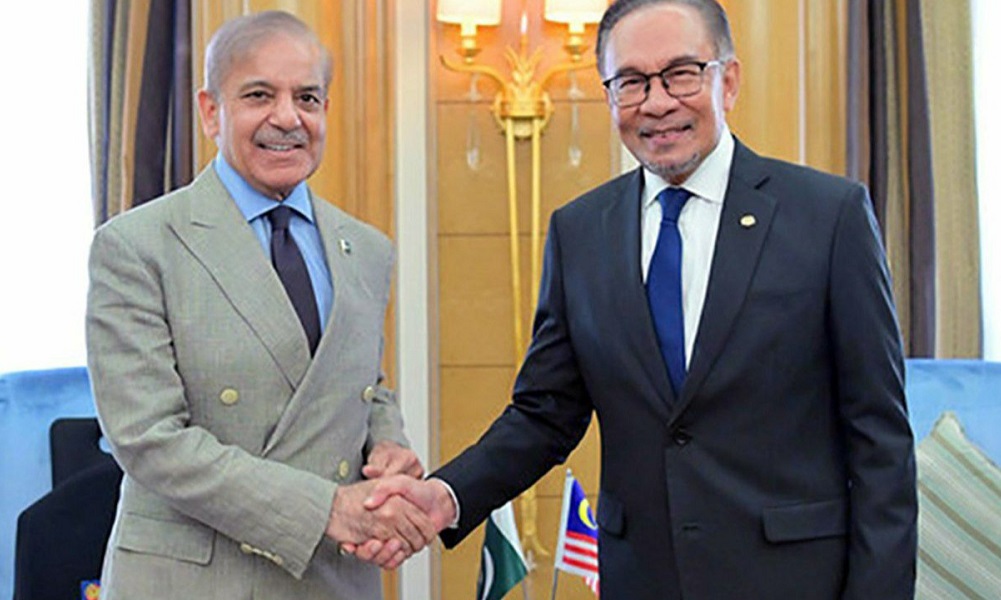
Malaysian Prime Minister Datuk Seri Anwar Ibrahim has voiced deep concern over escalating tensions between the Afghanistan–Pakistan during a telephone conversation with Pakistan’s Prime Minister Shehbaz Sharif.
In a statement posted on Facebook, Anwar said he emphasized Malaysia’s concerns regarding regional stability and urged all parties to pursue a peaceful resolution through dialogue and diplomatic engagement to prevent further escalation.
His remarks follow media reports indicating heightened tensions between Afghanistan and Pakistan after a series of attacks in October.
During the call, the two leaders also exchanged views on several aspects of Malaysia–Pakistan bilateral relations.
Anwar also briefed Sharif on the ongoing flood situation in Malaysia and similar challenges facing neighboring countries, including Indonesia and Thailand.
Latest News
Afghanistan makes major strides in cutting drug trafficking, says Putin
Putin stated that Afghan authorities have “substantially reduced” opium cultivation and are “seriously confronting” drug-related threats from within their borders.

Russian President Vladimir Putin says Afghanistan has taken “active and effective” steps to curb drug trafficking, noting a significant drop in opium production across the country. He made the remarks during an exclusive interview with India Today during his India trip, highlighting what he described as “visible progress” in Afghanistan’s internal security efforts.
Putin stated that Afghan authorities have “substantially reduced” opium cultivation and are “seriously confronting” drug-related threats from within their borders. He added that Afghanistan has also made important advancements in the fight against terrorism.
Responding to a question about why Russia officially recognized the Islamic Emirate, the Russian president said Afghanistan had been engulfed in civil conflict for many years, but the current authorities now hold control over the country. “This is the reality, and it must be acknowledged,” Putin emphasized.
He further noted that maintaining contact with Afghanistan’s leadership is crucial for shaping events inside the country. “If you want influence, you must engage with the people in charge — and that is exactly what we are doing,” he said.
Putin’s remarks come as several regional powers continue to recalibrate their diplomatic strategies toward Afghanistan, focusing on stability, counterterrorism, and economic cooperation.
-

 International Sports4 days ago
International Sports4 days agoStar-studded squads set to ignite DP World ILT20 Season 4
-
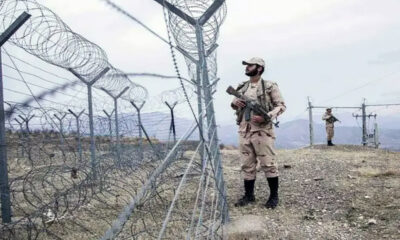
 Latest News4 days ago
Latest News4 days ago10 Afghans killed in Farah border shooting by Iranian forces
-

 Sport5 days ago
Sport5 days agoAfghanistan deepens ties with Uzbekistan through new cricket development partnership
-

 Business4 days ago
Business4 days agoAriana Airlines deepens cooperation with Turkish Airlines
-
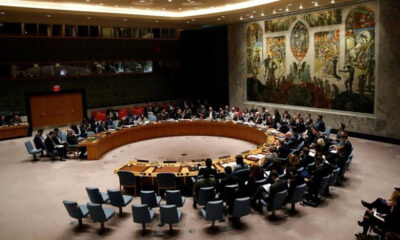
 Latest News4 days ago
Latest News4 days agoUN Security Council to review rising Afghanistan–Pakistan tensions
-

 Sport5 days ago
Sport5 days agoUAE Bulls clinch first Abu Dhabi T10 title with dominant 80-run victory
-

 Latest News4 days ago
Latest News4 days agoChina urges Tajikistan to protect citizens after border attack
-
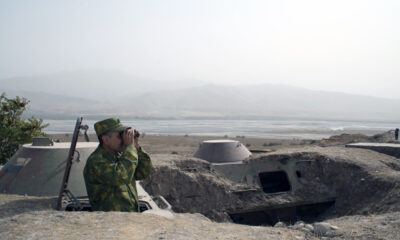
 Latest News3 days ago
Latest News3 days agoSituation along Afghan-Tajik border “not stable,” says Dushanbe






